I’ve never seen “The Brasher Doubloon” but I love the name! This 1947 film, directed by John Brahm and starring George Montgomery as Philip Marlowe, is based on a Raymond Chandler novel (“The High Window”). “The Brasher Doubloon,” on a double bill with “Murder, My Sweet,” starts at 7:30 p.m. Thursday at the Aero Theatre in Santa Monica, 1328 Montana Ave.
Also, three excellent neo noirs are coming up in Los Angeles. Woody Allen’s “Crimes and Misdemeanors” (1989) in a double bill with “Blood Simple” (1984) by the Coen brothers plays at 7:30 p.m. on Thursday, Feb. 23, at the Aero. Martin Scorsese’s “Taxi Driver” (1976) will show at 7:30 p.m. on Saturday, Feb. 25, at the Egyptian Theatre in Hollywood, 6712 Hollywood Blvd.
Murder, My Sweet/1944/RKO/95 min.
One of these days, I’ll get around to compiling my list of the Top 10 classic film noir movies. When I do, “Murder, My Sweet” (1944, RKO) will be on the roster because it’s a superb flick and a defining work of the genre, thanks to Edward Dmytryk’s directorial flair, top-notch acting and a terrific script (based on Raymond Chandler’s novel “Farewell My Lovely”) full of choice one-liners.
“Murder, My Sweet” stars Dick Powell as private eye Philip Marlowe, perhaps Chandler’s most famous character and one of the best-known screen detectives. The movie opens with Moose Malloy (Mike Mazurki) showing up at Marlowe’s office, wanting him to find his old girlfriend, Velma. Marlowe looks for clues at Florian’s, a dive bar, and at the home of widow Jessie Florian (Esther Howard). How to describe Mrs. Florian? Well, it’s hard to beat Marlowe’s take: “She was a charming middle-aged lady with a face like a bucket of mud. I gave her a drink. She was a gal who’d take a drink, if she had to knock you down to get the bottle.”
Meanwhile, Marlowe agrees to act as a sort of bodyguard for another client, fussy and effete Lindsay Marriott (Douglas Walton) who must deliver a ransom for stolen jewels. The exchange doesn’t go well – Marriott is murdered and Marlowe takes a crack on the head. Once back at the office, Marlowe is visited by a reporter asking questions about a stolen jade necklace. The “reporter” turns out be Ann Grayle (Anne Shirley), a cute, feisty Girl-Scout type from a wealthy family. Pretty quickly, Marlowe meets Ann’s cootish Daddy (Miles Mander) and her femme fatale stepmother Helen (Claire Trevor).
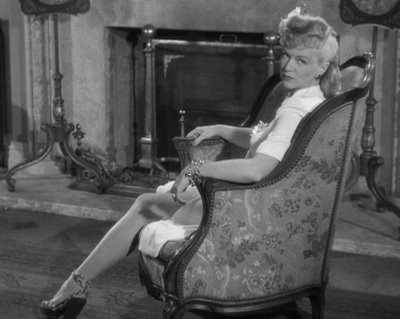
The introduction of Helen Grayle (Claire Trevor) and Philip Marlowe (Dick Powell) is one of film noir's great meetings.
And a great meeting it is, a bit like Stanwyck and MacMurray in “Double Indemnity,” but here Trevor, dressed to the nines and sporting ankle-strap chunky heels, can’t really be bothered with coy flirtation. World-weary and blasé, she gives Marlowe the once-over without a word, just a great look of “another day, another guy.” A few minutes later she does fight the ennui enough to say pointedly, “Let’s dispense with the polite drinking, shall we?”
Besides drinking and shopping, Helen likes to dance and has no shortage of partners – guys who take her out on the town because Mr. G isn’t quite up to it. Turns out, Marriott was one of Helen’s companions and had been trying to help her buy back a stolen jade necklace. Now she thinks Marlowe might be up to the task.
But Marlowe isn’t easily seduced, even though he pretends to be if he thinks it will yield a clue or two. As he figures out who’s guilty of what, we meet Marriott’s suave, sinister chum Jules Amthor (Otto Kruger) and the nefarious Dr. Sonderborg (Ralf Harolde).
With its constantly twisting plot, original music by Roy Webb and high-contrast, shadow-heavy visuals from cinematographer Harry J. Wild, “Murder, My Sweet” is awfully good fun to watch.
John Paxton’s sharp screenplay honors Chandler’s wit and many lines still seem fresh today. Ann rails against “big league blondes: beautiful, expensive babes who know what they’ve got – all bubble bath and dewy morning and moonlight. And inside: blue steel, cold – cold like that, only not that clean.” Helen’s retort is simple: “Your slip shows, dear.”
The movie fared well with critics and audiences – the popular appeal was at least in part because leading man Powell was a matinée idol and musical comedy star. Financially strapped RKO signed him to a contract hoping he could pull in much-needed cash at the box office; Powell signed with the condition that he could first play a straight dramatic role. The studio changed the movie’s name from “Farewell, My Lovely” so that viewers wouldn’t mistake it for a musical.
Though Dmytryk wasn’t thrilled with this casting decision, Powell did a near-flawless job, earning approval from both the director and Chandler. Trevor and Shirley match his fine work as do Howard, Walton, Mander and Kruger. And Mazurki was perfectly cast. Trevor was quite the celluloid bad girl; most notably as the cold-blooded temptress in “Born to Kill” (1947, Robert Wise). She won the best supporting actress Oscar for her role as gangster Edward G. Robinson’s moll in the classic “Key Largo” (1948, John Huston).
Dmytryk deftly balances cynicism and anxiety with acerbic humor and lighthearted romance. Gifted at creating suspense and edgy moods, he is an undisputed master of film noir. After “Murder, My Sweet,” he helmed “Cornered” (1945), “Crossfire” (1947), “The Hidden Room” (1949), “The Sniper” (1952) and “Mirage” (1965).
His career was sidetracked, however, by the House Un-American Activities Committee (HUAC), and its unconstitutional efforts to eradicate a perceived Communist influence in Hollywood. Dmytryk was one of the Hollywood Ten who refused to cooperate with HUAC. But, after spending time in prison, Dmytryk changed his mind, testified before the committee and named names of supposed Communists.
Despite his decision to testify and the enmity it earned him, Dmytryk remains one of noir’s best directors.
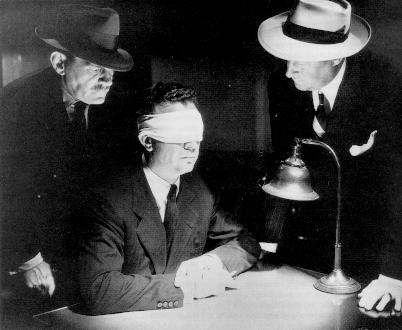
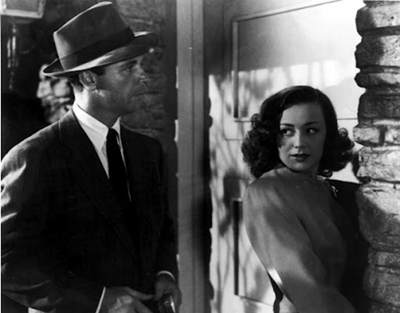
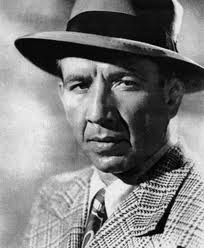
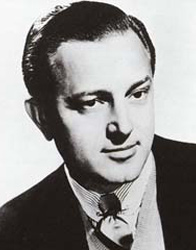





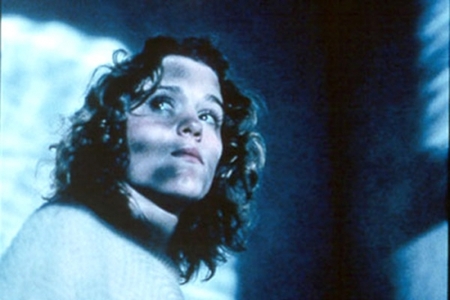
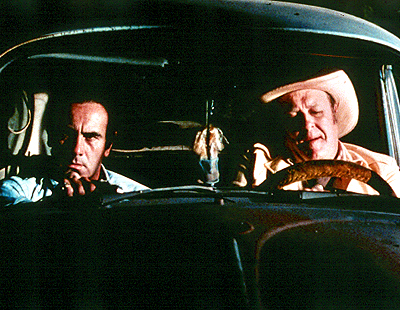
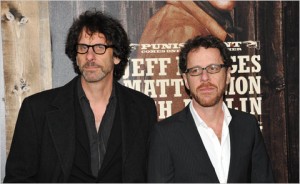
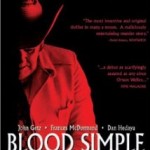





From FNB readers